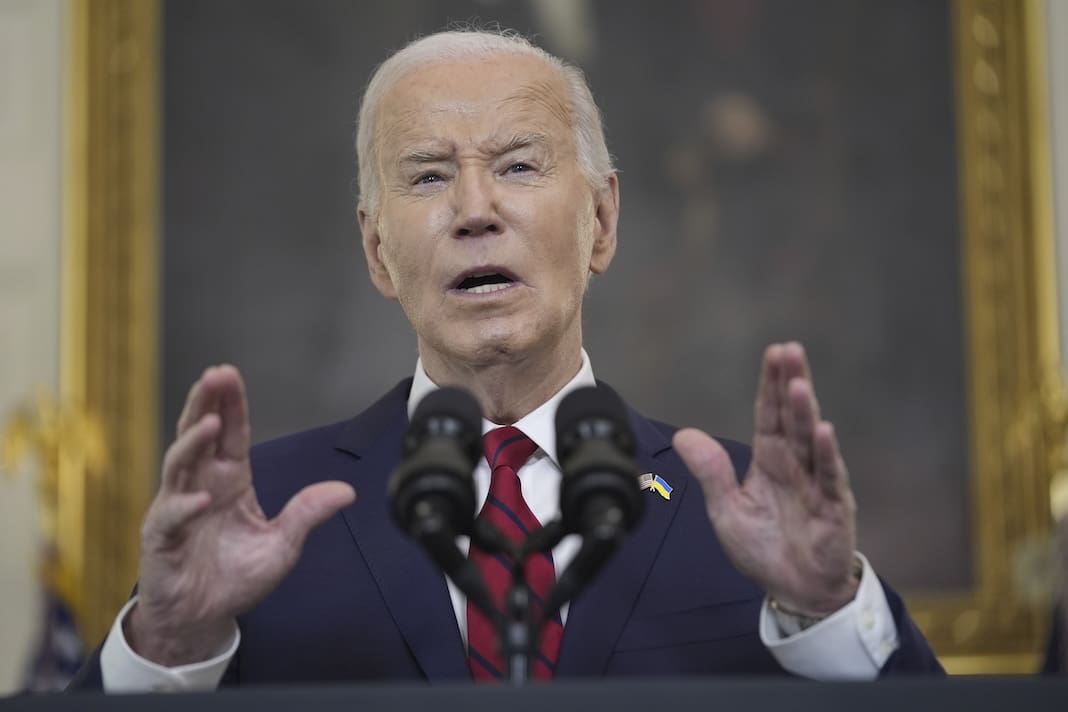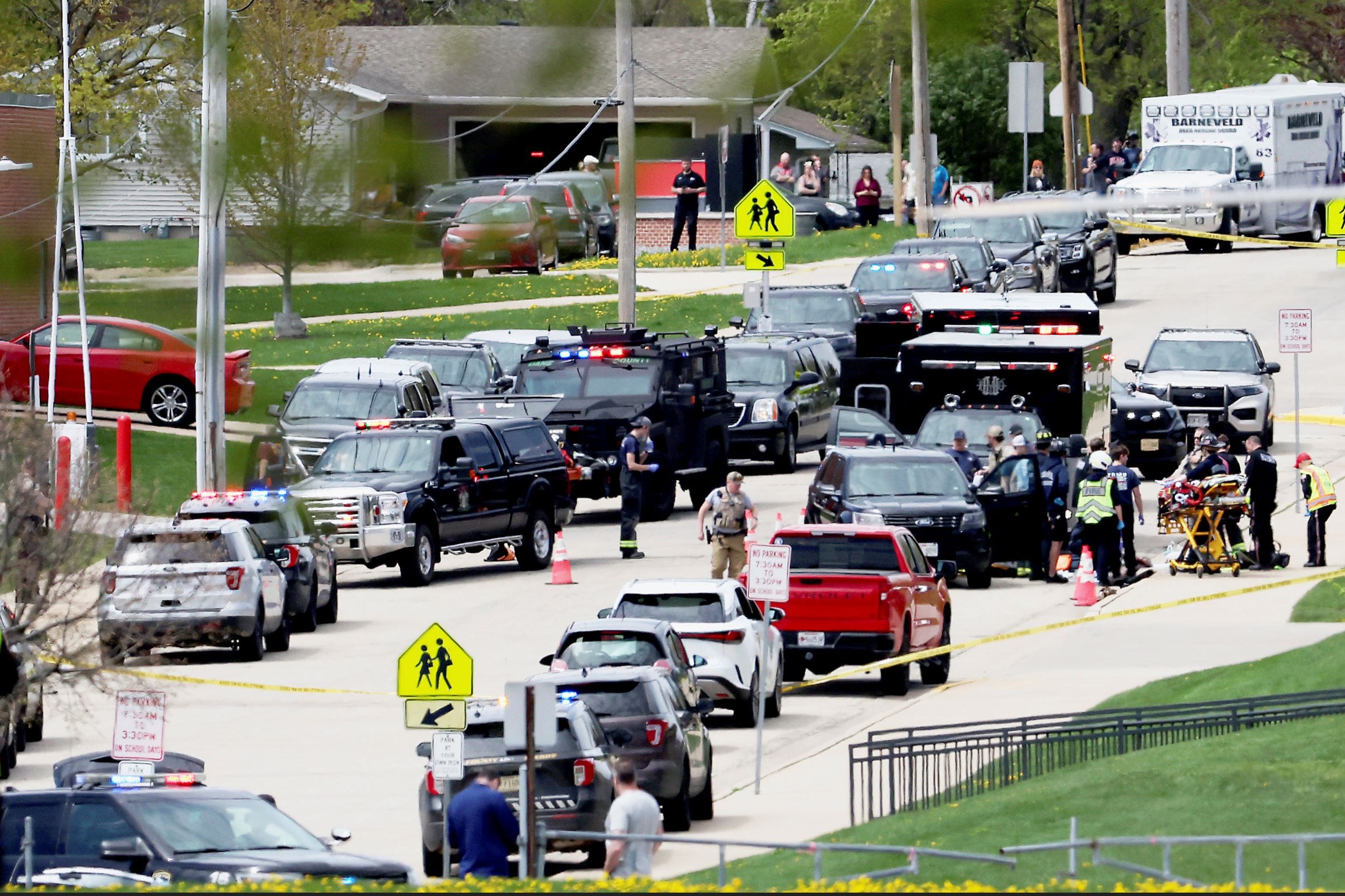Wisconsin unions file lawsuit challenging collective bargaining law
This is the first challenge to the controversial law since the state Supreme Court flipped to a liberal majority.

A coalition of unions representing teachers and other public employees has filed a lawsuit challenging Wisconsin’s controversial collective bargaining law known as Act 10, claiming it is unconstitutional.
Enacted by former Republican Gov. Scott Walker in 2011, Act 10 limits nearly all collective bargaining for most public employees, including teachers. After it was ratified, the law sparked weeks of protests at the state Capitol building and put Wisconsin and Walker in the national spotlight.
Seven unions that represent teachers and other public workers, as well as three individuals, filed the lawsuit on Nov. 30, and it comes at a challenging time for Wisconsin schools, which are struggling with staffing shortages, budget constraints, and declining enrollment, and are still trying to rebound from the COVID-19 pandemic.
“Union members are filing the lawsuit now because of the dire situation that exists in our workplaces. Low pay, staffing shortages and worsening working conditions are hurting our ability to deliver public services to the communities that count on us every day,” the group said in a statement.
“For over a decade, the deck has been stacked against educators like me,” teacher and co-president of the Beaver Dam Education Association said in a statement. “Teachers and support staff work in partnership with parents to teach students about compromise and collaboration, but school districts aren’t required to do the same. It’s frustrating and demoralizing, and a huge reason Wisconsin doesn’t have enough staff to meet student needs.”
The lawsuit specifically argues that Act 10 violates the Wisconsin Constitution’s equal protection guarantee and discriminates against some public employees because “public safety” workers, such as police and firefighters, retained many of their bargaining rights while others were stripped of them. It adds that the unions that were not affected by Act 10 had publicly endorsed Walker’s campaign.
Under Act 10, those public employees affected can only negotiate their base wage, excluding other types of pay such as overtime or performance-based raises. It also caps any raises at the rate of inflation, increases employees’ share of benefits costs, and requires unions to hold annual recertification elections.
Walker said Act 10 was a way to address a projected $3.6 billion budget deficit. The law saved the state money, largely repaid to taxpayers through income tax cuts and property tax limits, an analysis by the Wisconsin State Journal found. But it has caused disparities in education spending and local government funding, contributed to a teacher shortage in the state, and shrunk public unions, all with little economic growth around the state.
Ben Gruber, president of AFSCME Local 1215, one of the plaintiffs in the lawsuit, said that his collective bargaining rights changed when he switched careers from firefighter paramedic to conservation warden with the Department of Natural Resources.
“I immediately lost my right to a voice on the job,” Gruber said in a statement.
“We are an essential part of our state’s public safety system, often working in dangerous conditions and making arrests miles away from any backup. We are certified as law enforcement by the same state board, but my co-workers and I are denied the same union rights enjoyed by other public safety personnel. It’s time that public sector workers across Wisconsin have our freedoms restored to us,” Gruber said.
This is not the first legal challenge to Act 10. In 2014, both a federal appeals court and the Wisconsin Supreme Court ruled that Act 10 is constitutional.
But this latest lawsuit is the first challenge since the Wisconsin Supreme Court flipped to a 4-3 liberal majority earlier this year. Unlike the other challenges, this case was filed with the Dane County Circuit Court instead of going directly to the Supreme Court, and it will likely take more than a year for the lawsuit to make its way to the high court for a final ruling.
Justice Janet Protasiewicz, whose election to the court in April shifted its majority, has said she would consider recusing herself from any Act 10 cases because she said she felt the law was unconstitutional while on the campaign trail.
Shortly after the lawsuit was filed, former Gov. Walker tweeted that “radicals” were behind it and that if they were successful in overturning the law, it would “take money away from students in the classroom and give it to big government union bosses.”
“My hope is that the new majority on the Wisconsin Supreme Court doesn’t cave to political pressure,” Walker said in an interview with Channel 3000 last week.




